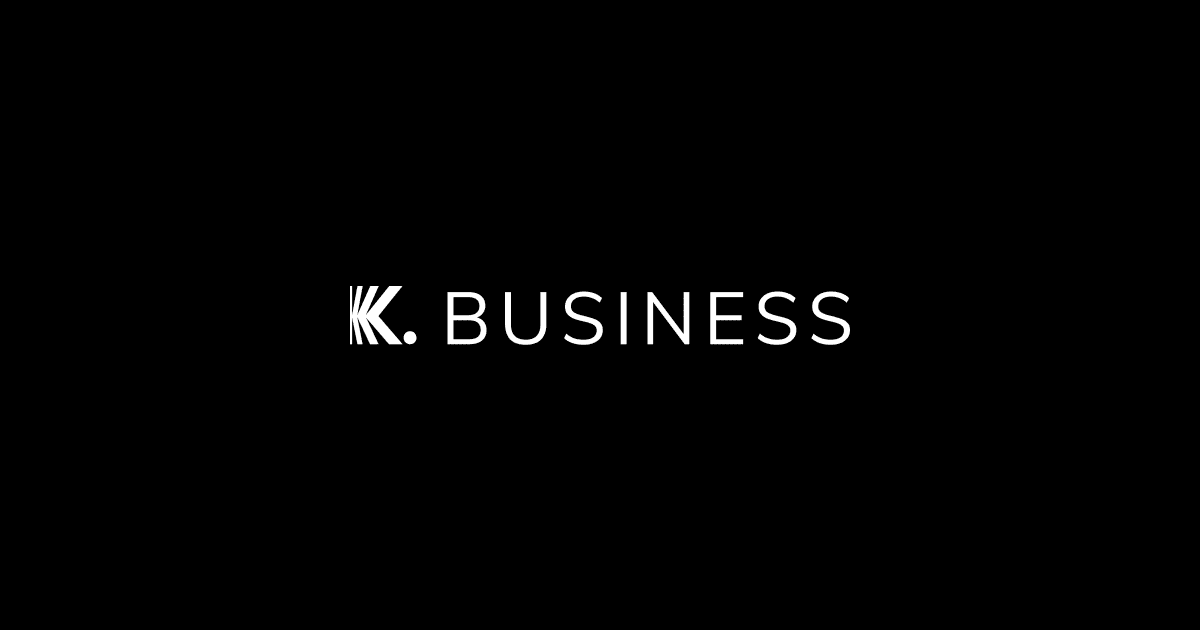Kuda Business, the enterprise-facing offshoot of Kuda, held a webinar for business owners in Nigeria seeking to leverage partnerships to maximise value from their ventures in this economically trying times.
Facilitated by sales experts and a notable entrepreneur, the webinar titled, ‘Leveraging Partnerships to Make More Revenue’, was held on Thursday, February 29, 2023.
Mrs. Vivian Ekwegh, the CEO of declutterdotcom; Maryam Ibrahim, Strategic Partnerships Manager (B2C) at Kuda; and Oluseye Babatunde, Strategic Partnerships Manager (B2B), Kuda, all spoke at the webinar aimed at freelancers and SMEs.
Speaking about the nature of business partnerships, Mrs. Ekewgh mentioned that partnerships are “a wholesome way to grow [a business].”
Furthermore, the declutterdotcom CEO advised Nigerian business owners to look for companies with similar values.
“Look for another business that is complementary, or even a competitor who has similar strengths.”
“Your reach is beyond your network because you’re now partnering with someone who has done it for a while,” she said, sharing a personal anecdote of how partnering with logistics services helps her business provide value to customers.
“At this rate, people should collaborate, not compete. Because nobody has it all,” she said.
Addressing the challenge of identifying potential customers, Babatunde shared that it was important to look out for compatibility. “Things to look out for, be sure you are compatible. Complementarity is very important. If you don’t understand the value chain, where you play, you won’t know how you can complement. After this, you begin to check out their integrity, you can also check out their track record of success. Then, read reviews about them.
“Do as much as possible to learn more about the company. Don’t just assume you know these people. You’re going into a different relationship with different dynamics,” he said.
On her part, Ms. Ibrahim shared that businesses should conduct “extensive research”. “You need to do a competitive comparison of the different players in the company, who is on top, which business will be beneficial for me. Then you need to be sure of the reputation and credibility of the organisation you want to partner with.”
The speakers shared their wealth of experience with attendees, using personal examples to drive home the importance of vetting partnerships properly.
Mrs. Ekwegh shared an experience with a delivery firm she had in the past, which was as a result of a difference in values. “We had to partner with a delivery firm, they contacted us. We connected them with a few clients. They didn’t understand business integrity or following through with customers. So it was so bad. Sometimes they damaged our products before they got to the customers’ side.
“Other times, you want to collaborate with a business. Some of them became so rotten, they began to scam the customers. It was a big challenge for the company because we identified with them. We spoke for them. It came back to bite us back.
“The biggest challenge I’ve had to face is deliveries with companies, some started scamming the customers and taking the money for themselves,” she shared.
Harping on the importance of negotiation in the process of establishing partnerships, Babatunde advised business owners to go to the negotiation table with clarity and honesty.
“I never go to a negotiation table without my clear ask—my clear terms. There might be some tweaks and adjustments along the way. You need to go with honesty. I don’t tell people what I cannot do. I see a lot of people go into partnerships trying to pad the figures and so on. It will haunt you later. If you cover Lagos and Ibadan, don’t say you cover the whole of the southwest. If your customer base is 50, say it’s 50,” he explained.
Ibrahim advised business owners to highlight the value they are bringing to the table.
The B2C partnerships expert shared that having a unique selling point is key.
“It’s very important to highlight the value you are bringing to the partnership. You need to show them why they are choosing you, or why they should go with you. You need to have your unique selling point,” she said.
But she also advised business owners to remain flexible.
“You can’t be stone-headed and say ‘it’s my way or it’s no way’. Maybe not in the key areas, but be willing to be flexible,” she said.
Casting some attention to the economic landscape in Nigeria, the speakers also shared advice for businesses to help them remain viable despite prevalent circumstances.
“Don’t just be a Lone Ranger. Network. There are things you will not know are possible until you get into a space that shows you a niche or an opportunity you can explore. Ask questions. You don’t know it all,” he said.
Mrs. Ekwegh shared that “letting other people in” is also important to scale a business and its operations.
“Most businesses in Nigeria are borne out of a place of pain. A lot of the time you’re the everything for your business. You’re the CEO, the customer service, everything. And doing it alone can break your back. If you really want to go far you have to let other people in,” she said.
Kuda Business continues to empower business owners and SMEs to help them achieve profitability and scale their operations.
The platform’s webinar series, hosted monthly, helps businesses access knowledge from entrepreneurs and experts, providing a community for experienced voices to share practical knowledge.












































